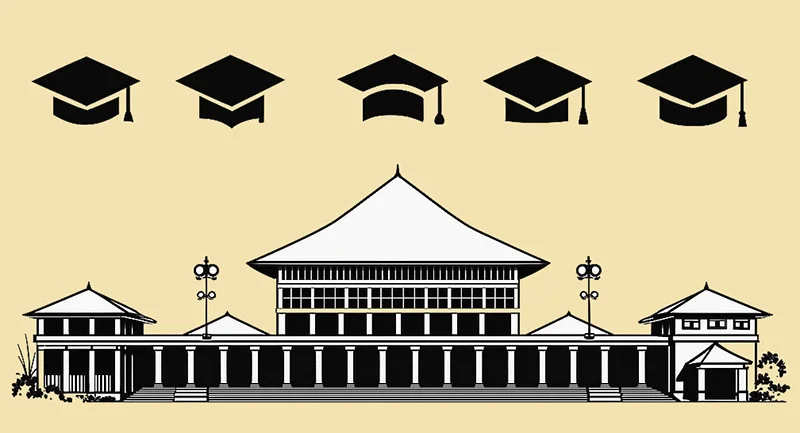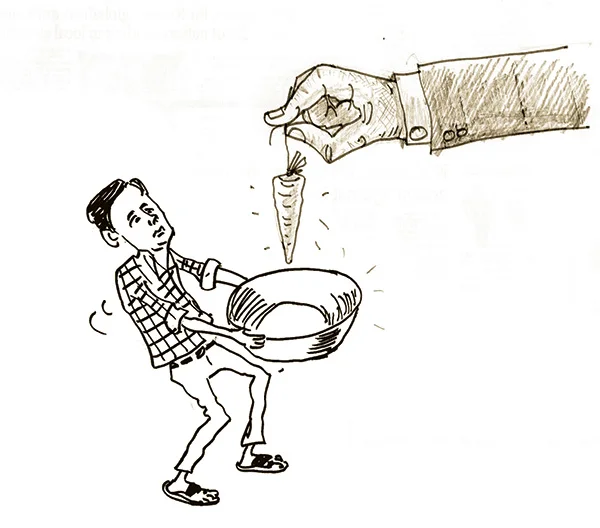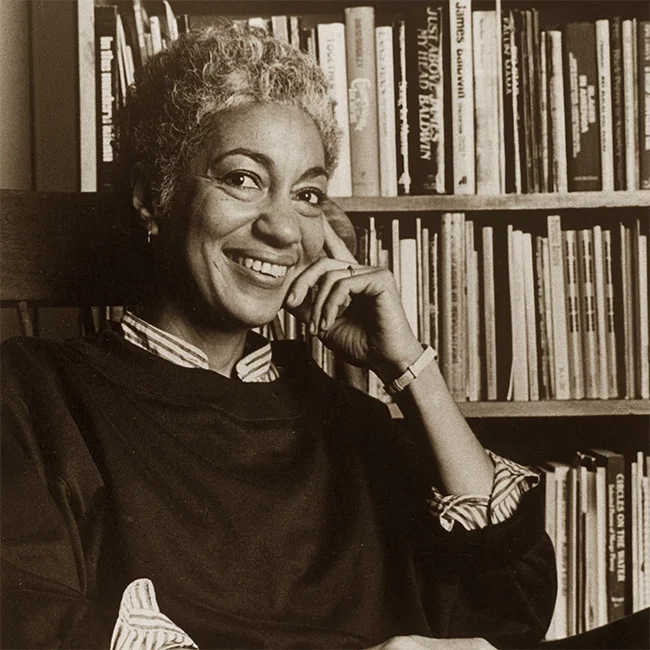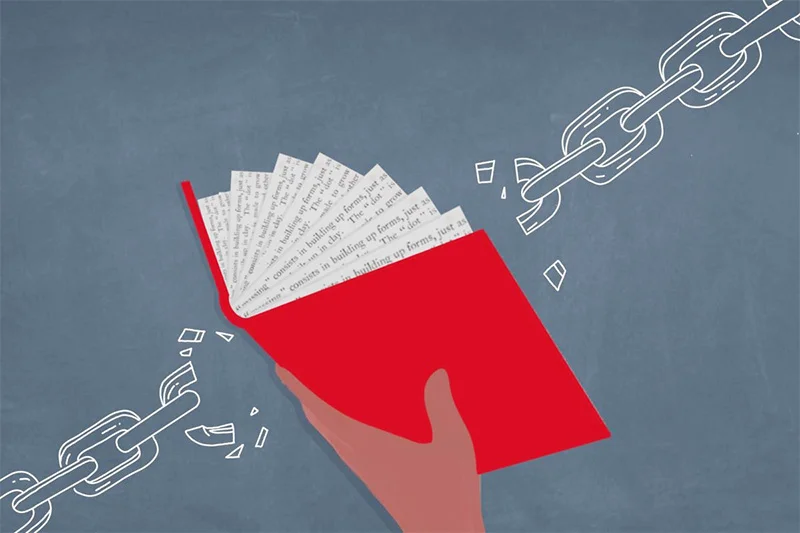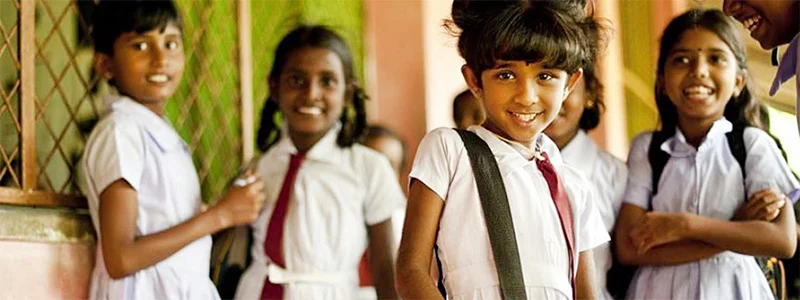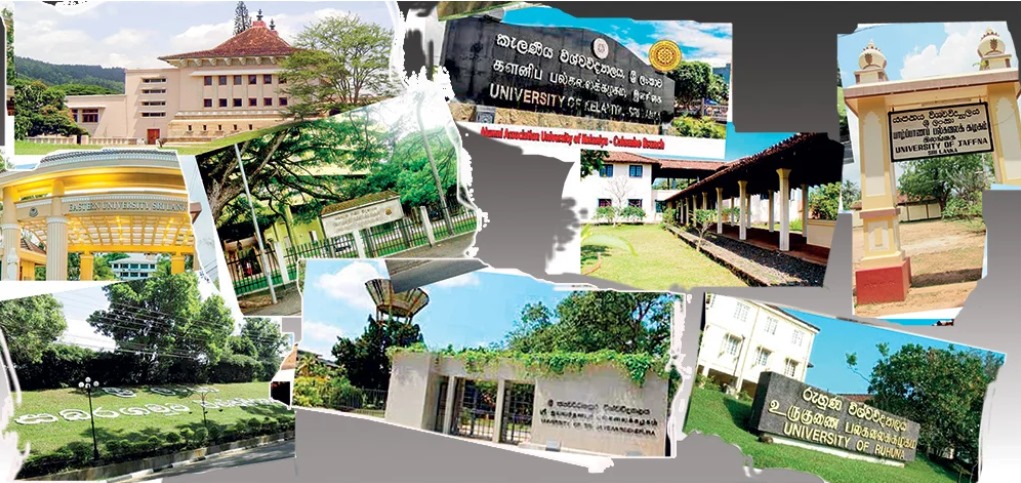Better the known devil? Some thoughts on the politicisation of education
Kaushalya Perera The 2024 general elections saw many academics on election stages and a visibly larger number in Parliament. Some of them now hold ministerial positions. Others have been appointed to various other institutions. It is unsurprising then that we academics as a class, have been looking at familiar faces in the news. Is this […]
Better the known devil? Some thoughts on the politicisation of education Read More »
